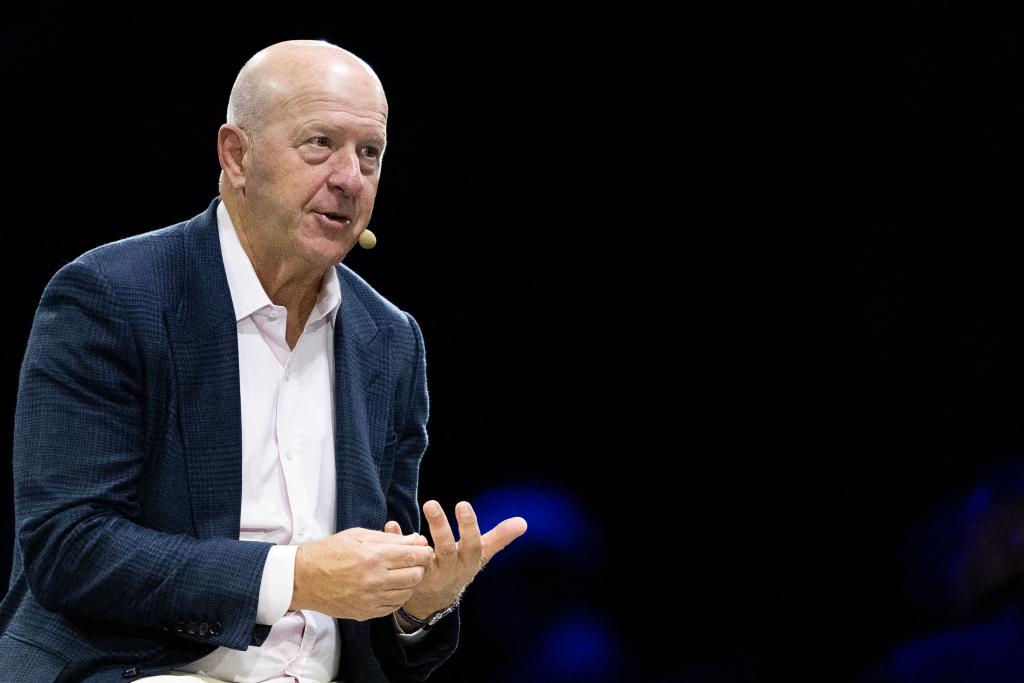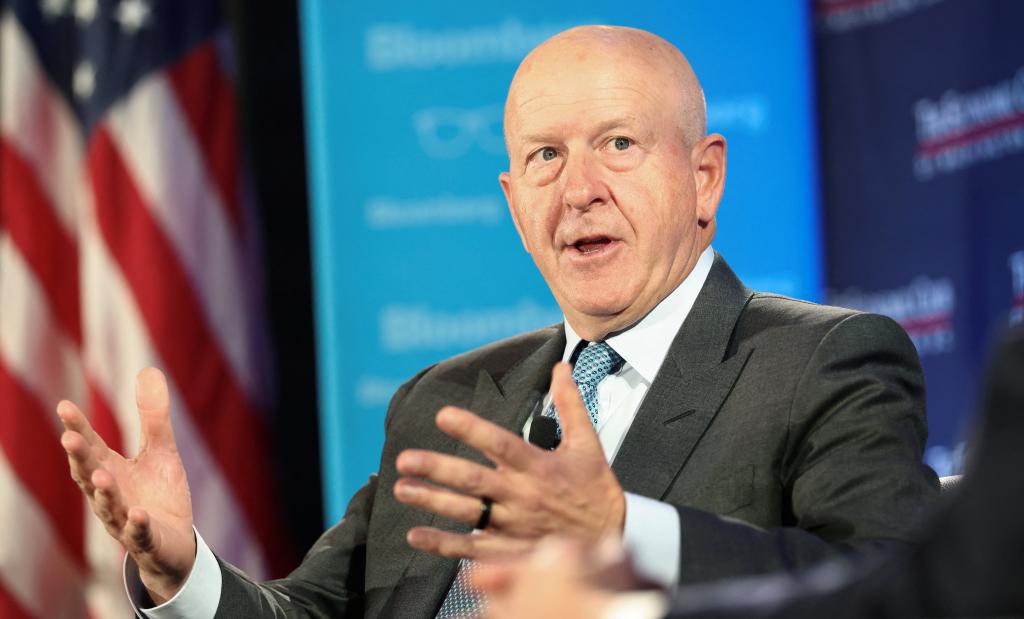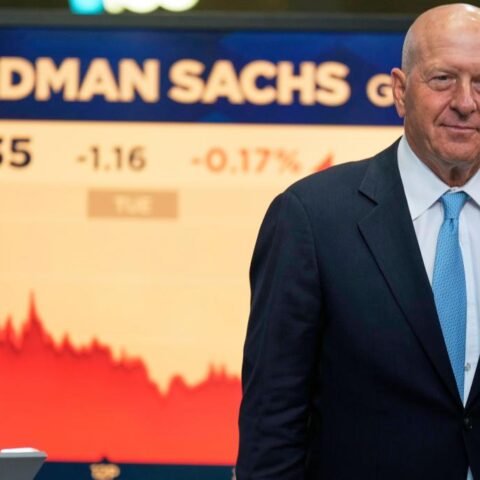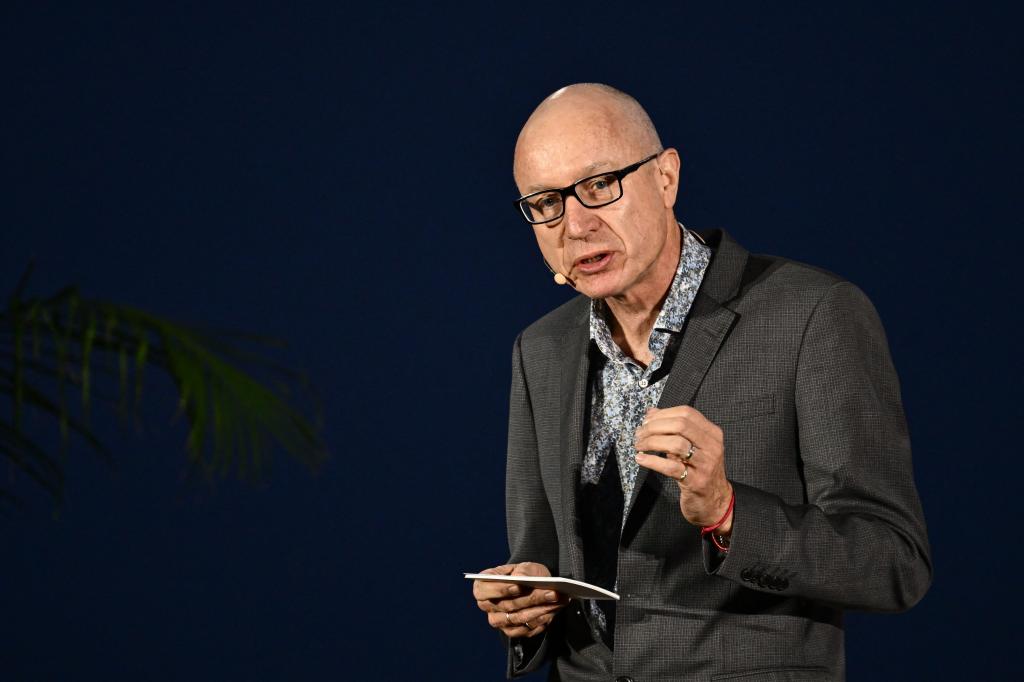The Wall Street giant promotes just 27% women to managing director — the smallest share since 2017 — as critics question Goldman’s progress on gender equality amid high-profile female departures.
Goldman Sachs has promoted the lowest percentage of women to managing director since CEO David Solomon took the helm, rekindling debate over the bank’s commitment to diversity and inclusion at its highest levels.

Women accounted for just 27% of Goldman’s new class of managing directors, according to figures released Thursday — marking a sharp decline from the 31% reported in 2023 and breaking a steady upward trend since 2017, when 24% of promotions went to women.
The 638 new managing directors represent Goldman’s largest class since 2021, with 172 of them women, Bloomberg first reported. Despite the broader increase in promotions, the dip in female representation has drawn scrutiny at a time when the firm is already facing criticism for its male-dominated leadership ranks and a string of senior female exits.

A Goldman spokesperson said the overall number of managing directors from “diverse backgrounds” across the company has remained flat or increased, even as women’s representation declined.
A Setback Amid Promises of Progress
The latest numbers come after years of pledges from Solomon to make inclusion a “core part” of his leadership. However, the firm’s top ranks tell a different story. Earlier this year, The Wall Street Journal revealed that roughly two-thirds of women who were partners when Solomon became CEO in 2018 have since left or no longer hold that title — compared to just under half of male partners.
The firm has acknowledged its shortcomings. In 2024, Goldman distributed a 12-point “briefing toolkit” to managers, admitting that “progress has been slow” and that the bank “hasn’t gone far enough” to promote and retain women.
Declining Female Representation at the Top
This year’s promotion cycle coincides with internal changes that have further reduced women’s visibility in leadership. Female representation on the elite management committee has slipped from 25% to 22%, and only one of roughly a dozen new appointments in the investment banking division went to a woman.
Among those who have recently departed are Stephanie Cohen and Beth Hammack, both longtime partners who once represented the future of female leadership at Goldman. Hammack, a two-decade veteran trader and former CFO contender, retired in 2024, while Alison Mass, though stepping down from the management committee, remains chairman of investment banking.
At an event hosted by the Economic Club of Washington, Solomon conceded that the firm’s progress remains uneven:
“We’ve made a bunch of progress, especially in the senior ranks,” he said. “But candidly, not enough.”

A Reversal on Diversity Policy
Earlier this year, Goldman also dropped its policy of refusing to take companies public if they had all-male, all-white boards — a rule once heralded as a landmark for corporate diversity. The move was seen by some as a retreat from Solomon’s earlier push for inclusion.
The setback follows other challenges to Goldman’s diversity image. In 2023, the firm agreed to pay $215 million to settle a long-running class-action lawsuit brought by over 2,800 women, who alleged systemic discrimination in pay and promotion. Goldman denied any wrongdoing.
Looking Ahead
While Goldman Sachs continues to stress its commitment to building a more inclusive workplace, the latest figures suggest that the road to true equity remains steep. The decline in female promotions, coupled with a shrinking number of women in key decision-making roles, underscores a persistent gap between promise and progress.
For Solomon and Goldman, the challenge ahead will be turning rhetoric into results — ensuring that diversity is not just a talking point, but a defining principle of the firm’s future leadership.




















